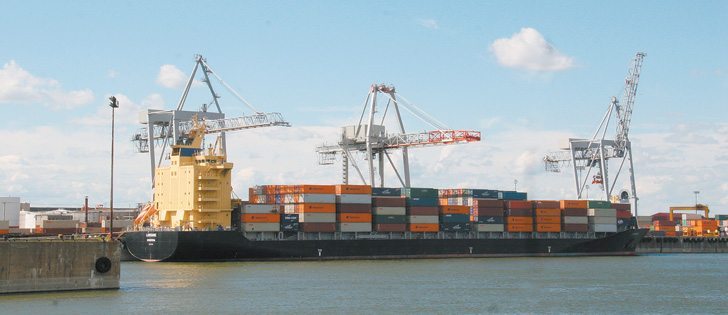Canada is a trading nation, blessed with abundant natural resources and a skilled workforce. On average, we export 80 percent of our farming and manufacturing production.
While trade is important, we cannot negotiate away those agricultural institutions that give us a competitive advantage to simply increase our market access — most notably, our system of supply management.
Simply put, supply management is vital, not just to farmers and rural communities but to all Canadians. It is at once a buy local program and key to Canada’s food security and food sovereignty.
Read Also

Higher farmland taxes for investors could solve two problems
The highest education and health care land tax would be for landlords, including investment companies, with no family ties to the land.
As we continue negotiations toward the Canada-Europe Comprehensive Economic and Trade Agreement and as we start our negotiations for entry into the Trans-Pacific Partnership, it is vital that we have this conversation if only to ensure that Canadians understand the important role supply management plays in our economy and agricultural sector.
More than 40 years ago, a Liberal minister of agriculture, Eugene Whelan, oversaw the creation of marketing boards that administer the quota system instituted to provide stable, predictable prices for dairy, chicken, broiler hatching eggs, turkey and eggs.
He knew then what we know now — that stability is essential in our modern agricultural sector. Across the world, governments recognize the unpredictable and volatile nature of agriculture and acknowledge the necessity of government intervention.
Supply management is a system in which domestic demand is predicted and controlled through a quota, and the price is pre-set and adjusted to reflect the cost of production. This guarantees that hardworking Canadian farmers get a workable price for their produce while coming at no additional cost to the taxpayer.
It has often been said that farmers do not want to earn their income from a government cheque in the mailbox. Canada’s dairy, poultry and egg producers earn more than $10 billion in farm cash receipts, and the industries provide almost 107,000 direct jobs to the Canadian economy and employ more than 300,000 Canadians altogether. Across the country, 17,238 farms contribute $24.5 billion to Canada’s gross domestic product and pay $4.8 billion in taxes.
There is no doubt that Canada’s participation in the Trans-Pacific Partnership can create new markets, yet admittedly, there is significant resistance internationally to our entry. Critics at home and abroad argue supply management is an unfair trade advantage other countries don’t enjoy, either unaware or ignoring the fact that agriculture in countries like the United States, among the vocal opponents of supply management, rely heavily on government subsidies.
Critics also argue that supply management comes at the expense of the consumer and make the misleading argument that lower-income Canadians are disadvantaged.
Twenty-one cents from a $2.25 glass of milk at a restaurant goes to the farmer, 11 cents to the processor and $1.93 to the restaurant.
Without supply management, the risk of the farmer getting a lower price is significant, while it is wholly unlikely that the price charged by the restaurants would drop.
In fact, a litre of milk is more expensive in New Zealand, which dismantled its supply management system, than in Canada, while its farmers are receiving among the lowest prices for milk in the world.
In 2005, the House of Commons unanimously passed a motion supporting supply management, and all political parties have recently reaffirmed their support. It is important as we move forward and expand our market access that we keep our trade advantages, such as supply management.
It is also important that Canadians understand exactly what the system entails so they can make informed decisions when they hear criticism of the system by Canadians, including former cabinet ministers, who well know supply management’s benefit to Canadians.
Frank Valeriote is the agriculture critic for the Liberal party and MP for the riding of Guelph, Ont.














